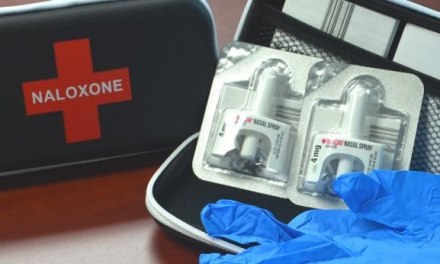There’s a great deal of political activity (and lobbying) around prescription drugs. Here’s a recent piece on the attempt to make medications that contain pseudoephedrine– an essential component in methamphetamine– available only by prescription.
The rationale is that by restricting access to this key ingredient, we’d see a substantial reduction in “outlaw” methamphetamine production. That seems to have occurred in at least one state. Nevertheless, when advocates sought similar changes in Kentucky, Tennessee, Indiana, and Missouri — among the nation’s hardest hit by meth use — they met with stiff resistance. The article claims Big Pharma was behind that opposition.
Of course, money’s is at stake: Some $650 million in annual industry revenue. Pharma industry lobbyists argue that making such products available by prescription only would throw up barriers to patients who wanted to use them for legitimate purposes. And also, add to the cost of care.
That’s probably true. It’s a question of values: is it more important to protect availability for legit use, or to inhibit the spread of methamphetamine abuse? Same arguments we hear around painkillers such as Oxycontin. The FDA usually comes down on the side of protecting patient access, while the CDC favors greater restriction on availability.
That’s where Big Pharma comes in– specifically, their money and sophisticated political machine. They tip the balance their way. The stakes aren’t as high for pseudoephedrine as for opioids, but if you’ve ever been around active meth addicts, you know how harmful addiction can be– not just to the user, but to those around them, and the public in general.
Still, I doubt the folks in a corporate finance department are primarily concerned with public health. They don’t get to see the patients. They do spend days staring at profit and loss sheets.
Confronted with such conflicts, the political process tends to vacillate, switching from side to side. Going in one direction for a while, then, perhaps after some event, going in the opposite.
Speaking for myself, I wish we had a stronger, more unified regulatory system, driven by good science, and clearly dedicated to our general welfare.












